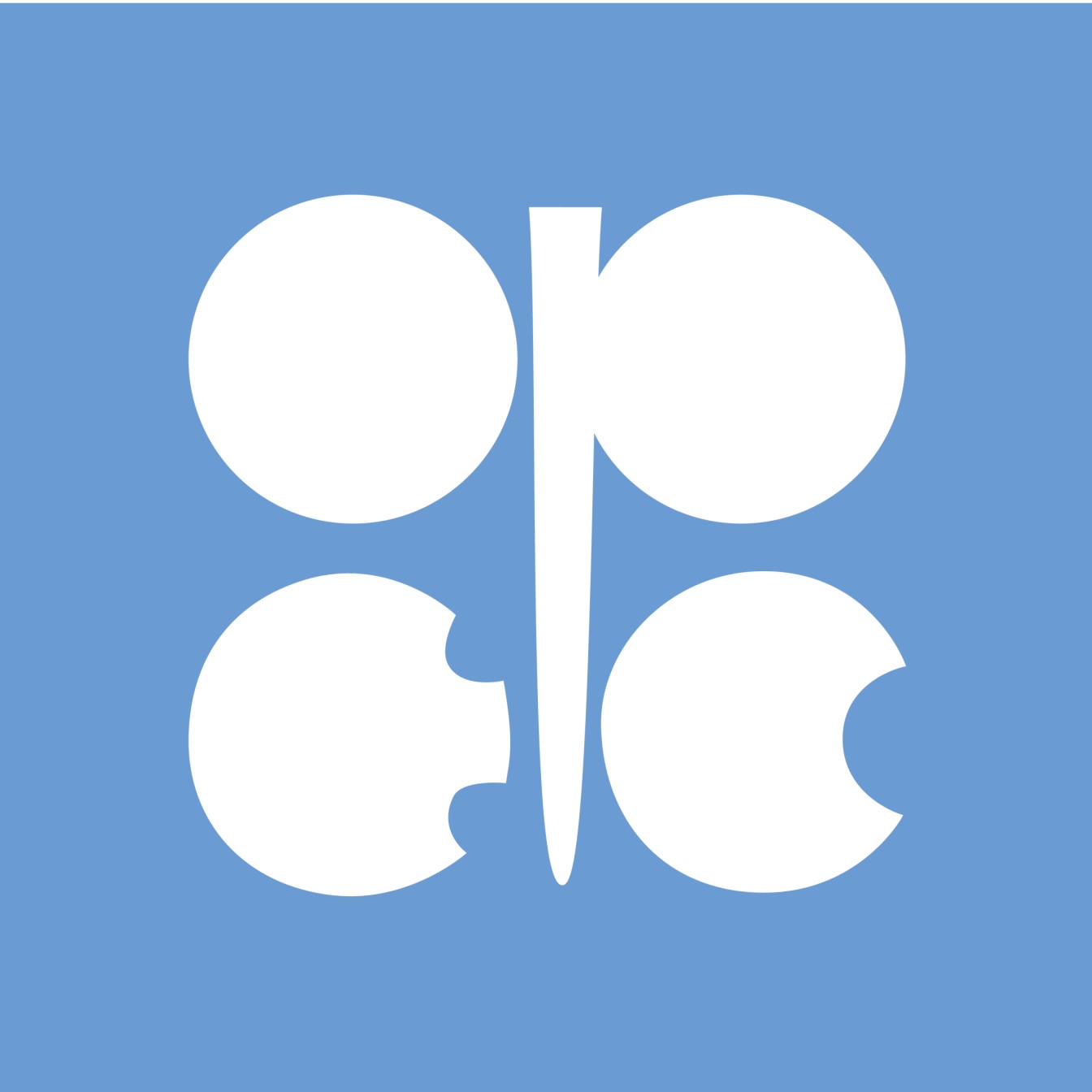
In its Monthly Oil Market Report for June, released Monday morning, the Organization of the Petroleum Exporting Countries (OPEC) noted that the cartel’s price for its reference basket rose by more than 14% in May, a fourth consecutive month of rising prices. As of last Friday, the price had risen to $47.05 a barrel, up $3.84 from the May average.
Global demand growth for 2016 remained unchanged from last month’s report at 1.2 million barrels per day, or a daily average of 94.18 million barrels. In 2015 demand growth averaged 1.54 million barrels a day for a daily average of 92.98 million barrels, according to OPEC.
The cartel also left unchanged its estimate of non-OPEC supply growth for 2016, and forecasts non-OPEC supply will drop by 740,000 barrels a day and average 56.4 million barrels a day for the year. The cartel said OPEC production in May, as reported by secondary sources, fell by 100,000 barrels a day to a daily average of 32.367 million barrels.
The cartel also reiterated its estimate of 2016 demand for OPEC crude at 31.5 million barrels a day, unchanged from May. OPEC last changed this estimate in April, when it projected an increase of 1.8 million barrels a day compared with last year.
Looking at prospects for the second half of the year, the June report is almost gleeful at the success to date of its effort to raise prices by driving out high-cost producers:
Crude oil prices were supported by the weaker US dollar, strong gasoline consumption in the US, various supply disruptions, the accelerated decline in US crude oil output, and forecasts for a sharp fall in overall non-OPEC oil supply this year. Record bullish bets by speculators for higher futures prices also helped support market sentiment.
During the second half of 2016, the cartel expects non-OPEC supply to fall by 140,000 barrels a day from its level in the first half of the year and nearly a million barrels a day below 2015’s level. Compared with the first half of the year, OPEC’s supply forecast for the second half of 2016 includes: developing countries’ supply to rise by 240,000 barrels a day, nearly offsetting a 280,000 barrel per day decline in OECD countries; Russian production to decline by 120,000 barrels a day and production from other former Soviet Union states is expected to fall by 80,000 barrels a day; Chinese production to rise by 60,000 barrels a day; Brazilian production to rise by 270,000 barrels a day; U.S. production to decline by 150,000 barrels a day; and Canadian production to rise by 60,000 barrels a day.
The cartel also noted the narrowing spread between West Texas Intermediate and Brent crude, calling attention specifically to the increase in U.S. imports from Nigeria and Angola in the first quarter of this year. The spread had narrowed to an average of $1.80 a barrel in the first quarter of 2016 and is down to less than $0.50 a barrel so far in June. As a result, West African crude becomes competitive with U.S. crude at refineries on the East and Gulf coasts. This spells trouble for U.S. producers that have to ship crude to eastern refineries by rail because it is cheaper to ship crude by tanker from West Africa than by rail from North Dakota. The recent attacks on Nigerian oil facilities have put a crimp in supply from the country, and the impact OPEC foresees from the narrowing spread may not materialize fully.
Credit Card Companies Are Doing Something Nuts
Credit card companies are at war. The biggest issuers are handing out free rewards and benefits to win the best customers.
It’s possible to find cards paying unlimited 1.5%, 2%, and even more today. That’s free money for qualified borrowers, and the type of thing that would be crazy to pass up. Those rewards can add up to thousands of dollars every year in free money, and include other benefits as well.
We’ve assembled some of the best credit cards for users today. Don’t miss these offers because they won’t be this good forever.
Flywheel Publishing has partnered with CardRatings for our coverage of credit card products. Flywheel Publishing and CardRatings may receive a commission from card issuers.
Thank you for reading! Have some feedback for us?
Contact the 24/7 Wall St. editorial team.



